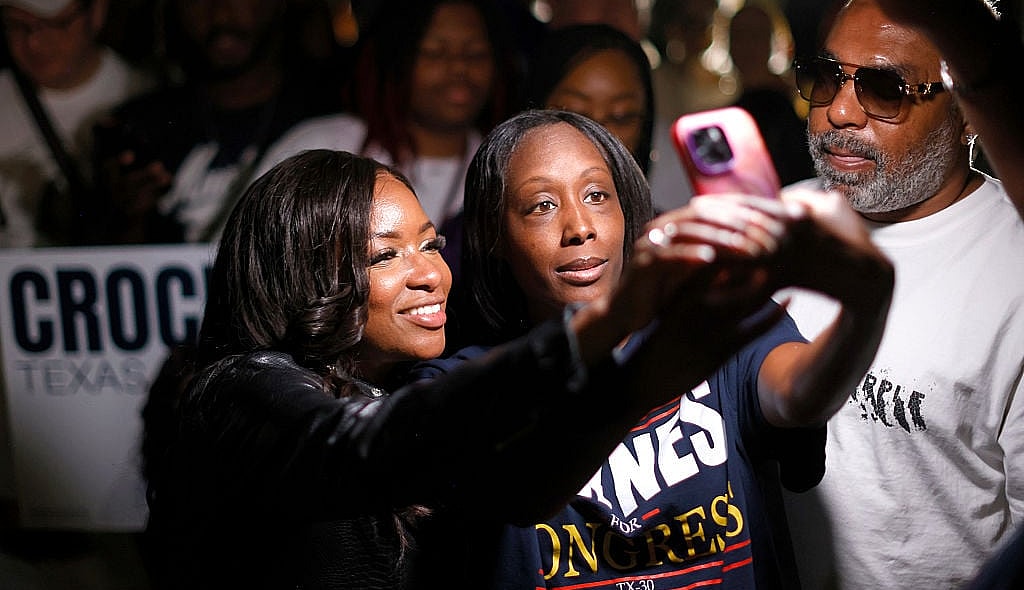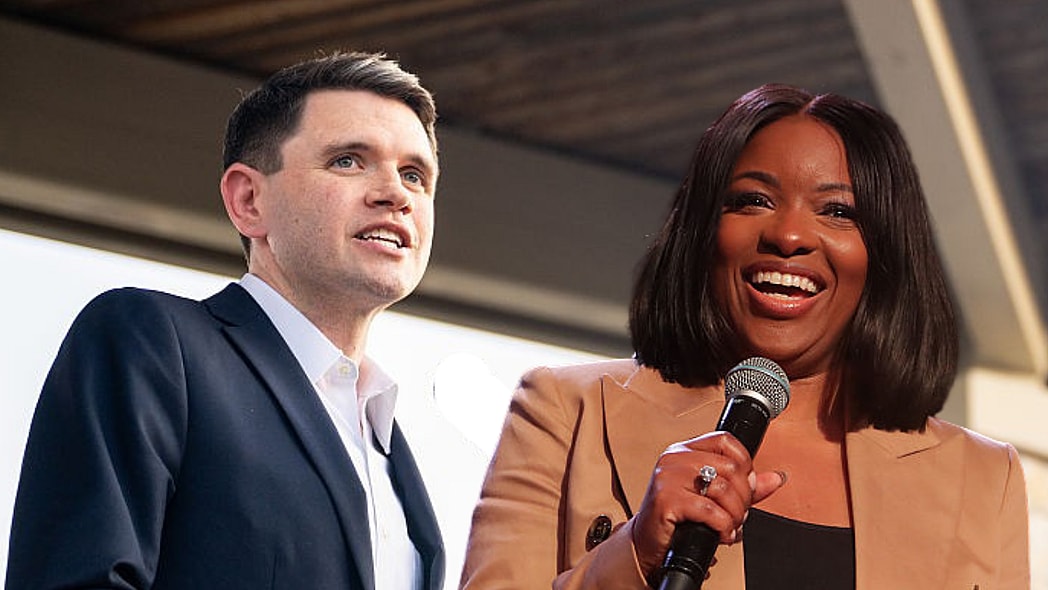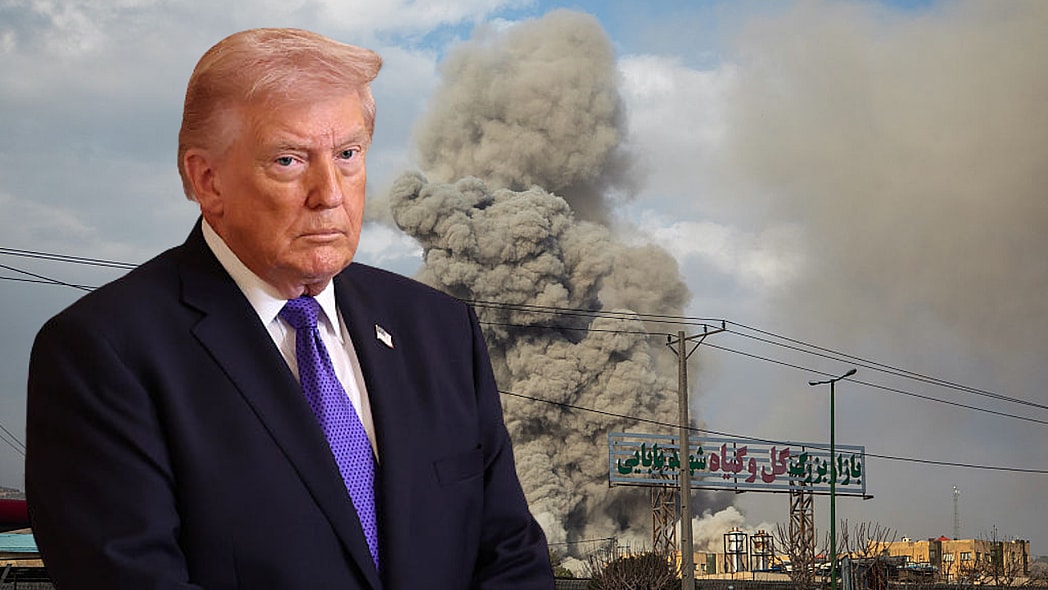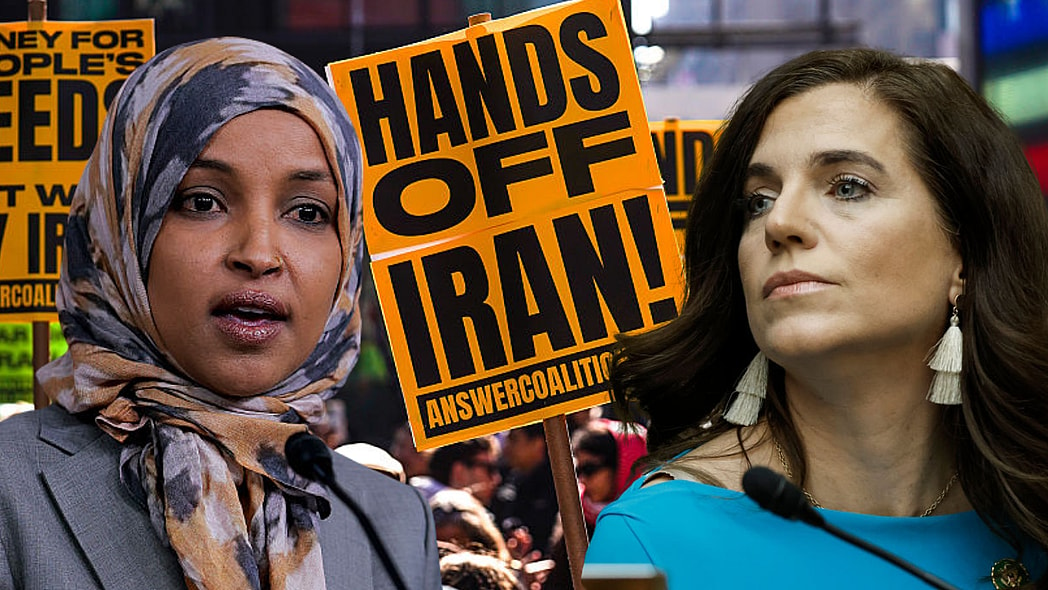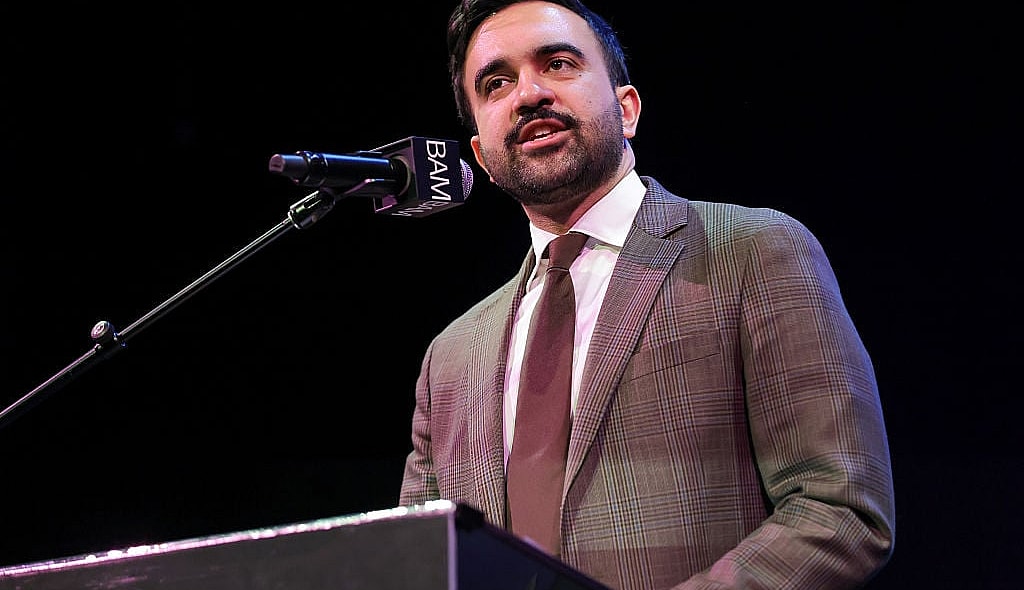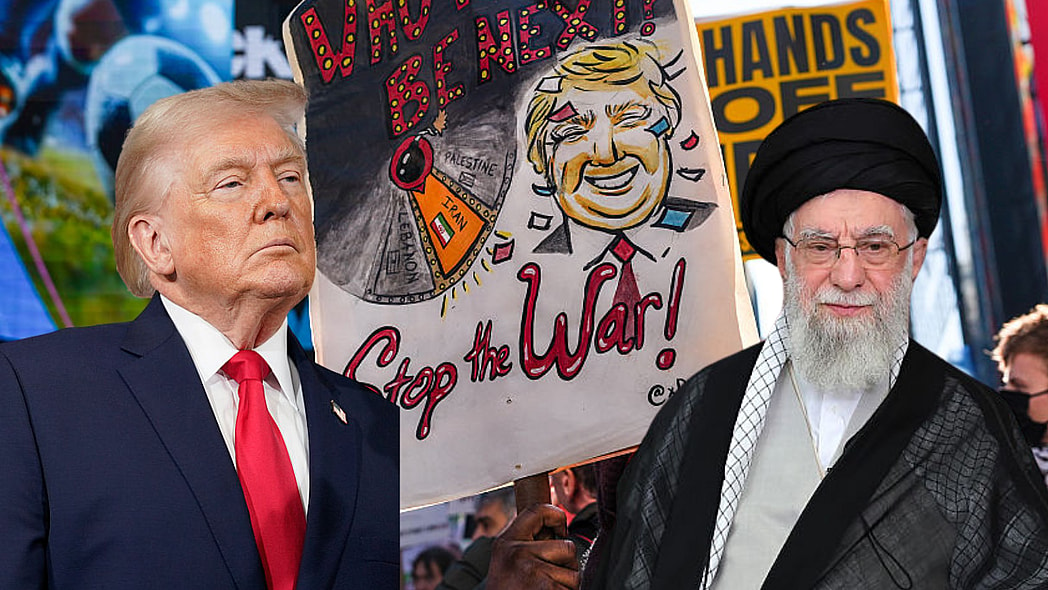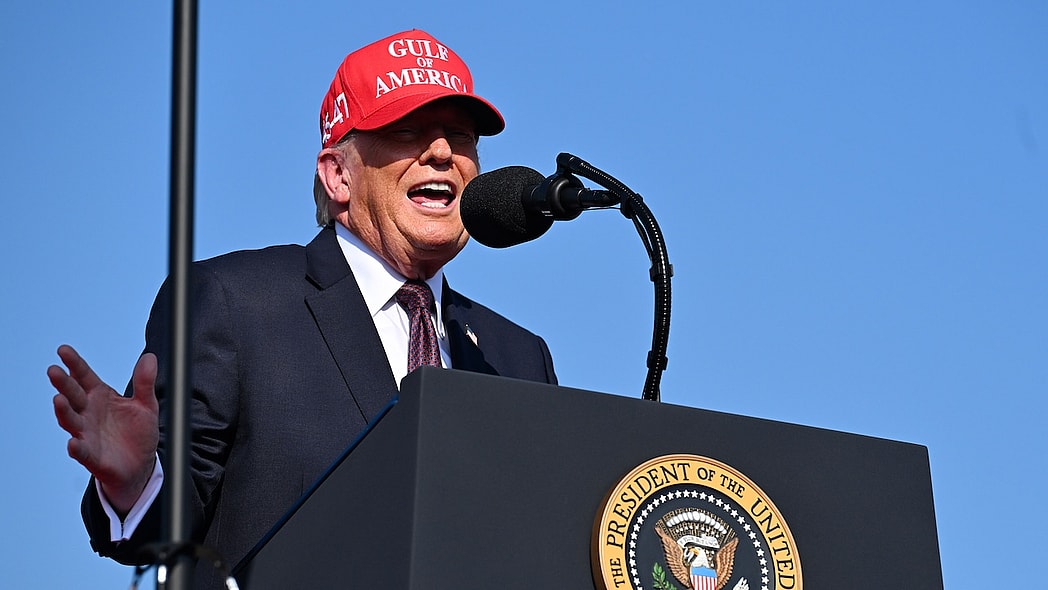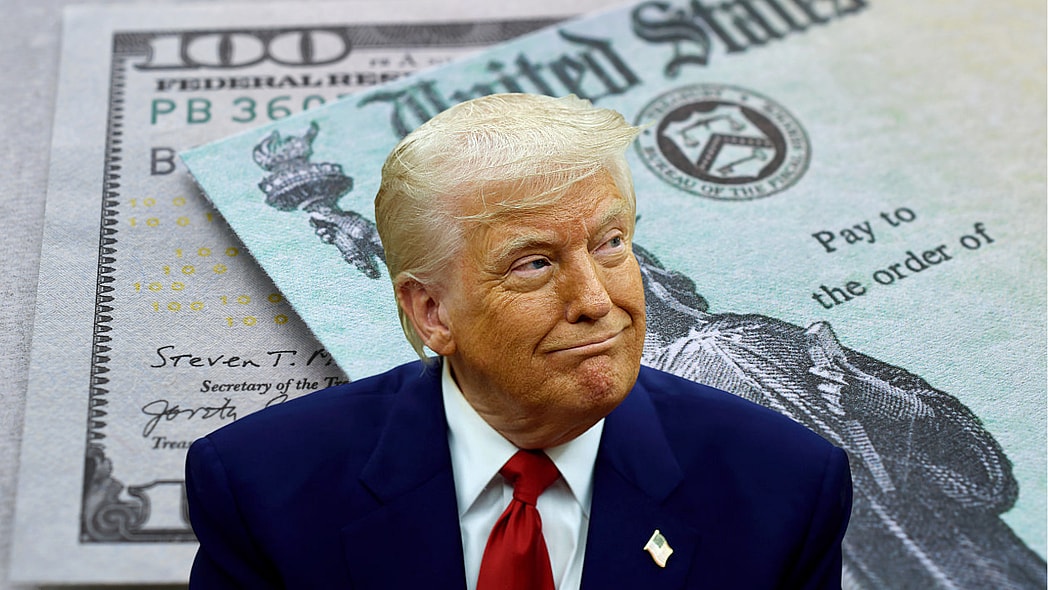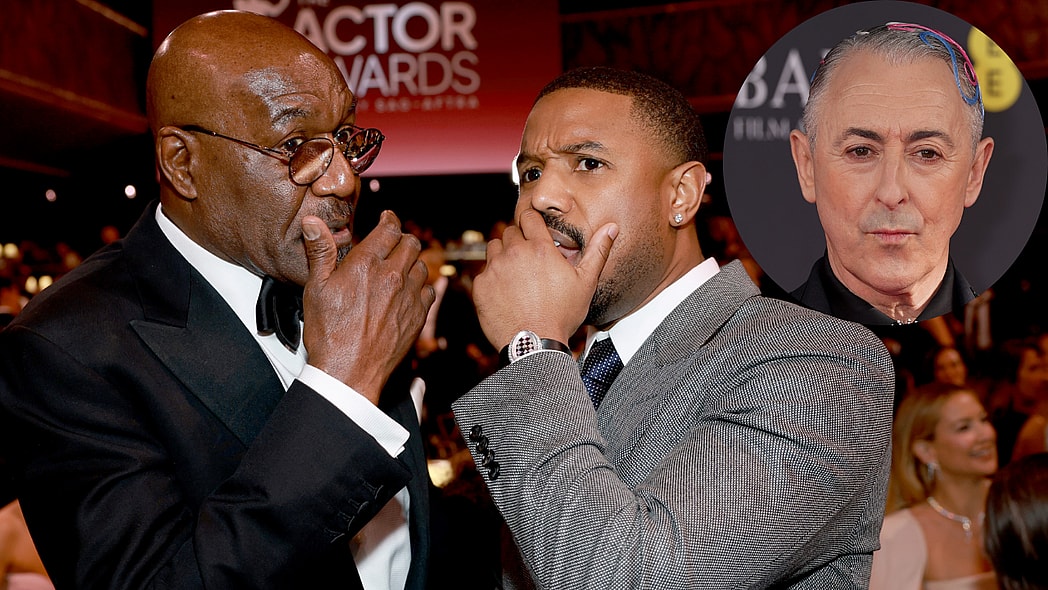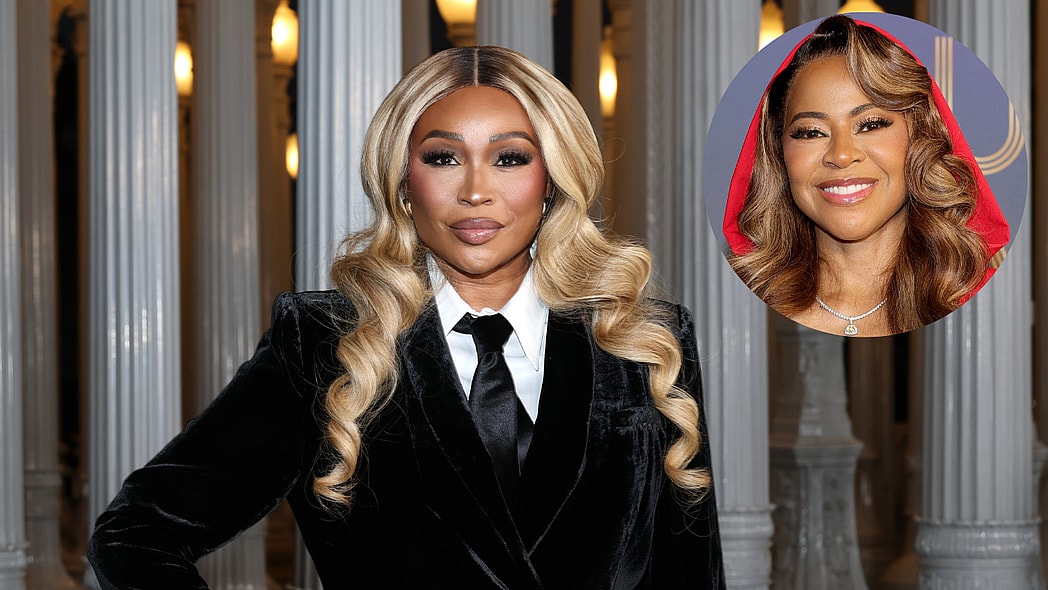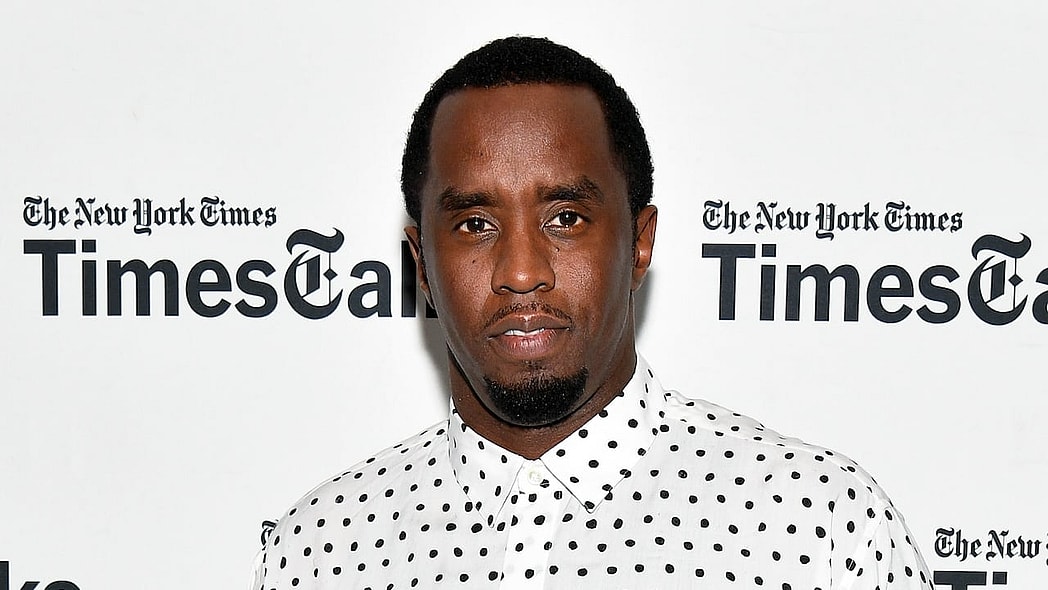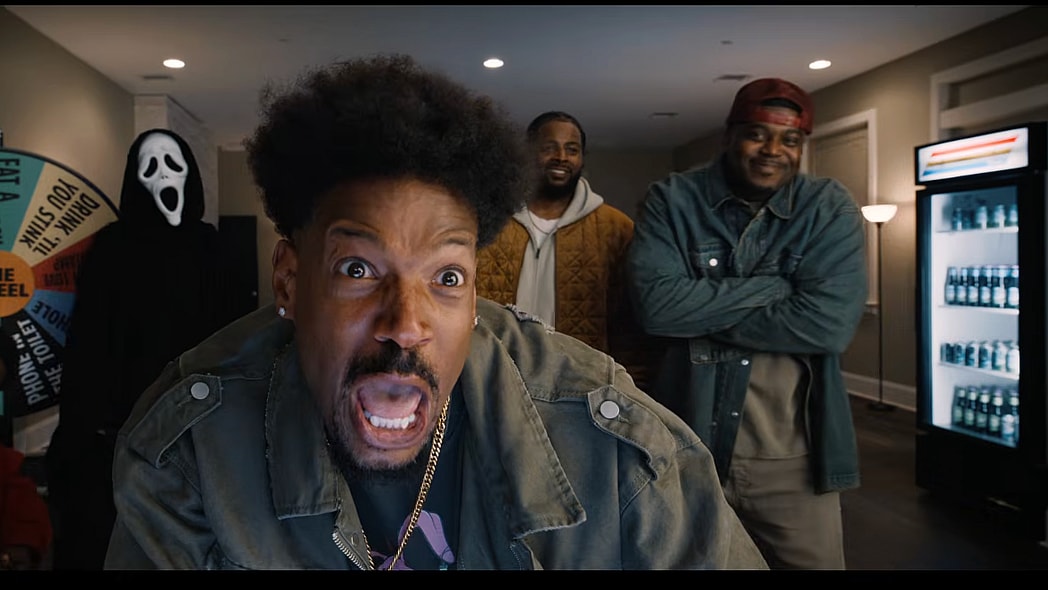SAN JUAN, Puerto Rico (AP) — Haiti’s newly chosen Prime Minister Garry Conille vowed to seek unity Wednesday in his first statement since a transitional council selected him to head the government in the troubled Caribbean country under siege by criminal gangs.
Conille thanked the civil society groups, political parties and members of the Haitian diaspora who proposed him as a candidate, saying he was “very honored” to have been chosen.
“Together, we will work for a better tomorrow for all the children of our nation,” he wrote on X, the social media platform, in Haitian Creole.
Conille submitted his resignation Tuesday as UNICEF’s regional director for Latin America and the Caribbean, a post he has held since January 2023. He previously served as prime minister of Haiti from October 2011 to May 2012 under then-President Michel Martelly.
Conille studied medicine and public health and helped develop health care in impoverished communities in Haiti, where he helped coordinate reconstruction efforts after the devastating 2010 earthquake. He also served as a U.N. development specialist before becoming a regional director with UNICEF.
He now faces a monumental task, with Haiti under siege by gangs that control at least 80% of the Port-au-Prince capital as the country awaits the U.N.-backed deployment of a police force from Kenya and other countries supporting the mission.
Recommended Stories
The prime minister shares executive power with the presidency, which has been vacant in Haiti since the July 2021 assassination of President Jovenel Moïse. whose death left a power vacuum that criminal gangs began to take advantage of later that year.
In addition to choosing the prime minister, the transitional council is tasked with arranging presidential elections before early 2026.
Council members told The Associated Press late Tuesday that six of seven members with voting powers had selected Conille for the prime minister role. Laurent St. Cyr, the seventh member, is not in Haiti currently and as a result did not vote.
On Wednesday, they issued a statement noting that Conille was one of five prequalified candidates that they interviewed for one hour each on Tuesday, and that they are now working with him to choose a new Cabinet.
“The transitional presidential council renews its firm determination to do everything possible to stem the phenomenon of insecurity and lead the country on the path to free, fair, democratic and inclusive elections,” it said.
Conille will replace interim Prime Minister Michel Patrick Boisvert, who has been helping lead the country since former Prime Minister Ariel Henry resigned via letter in April following a surge in gang violence. Gunmen launched coordinated attacks on Feb. 29, seizing control of police stations, opening fire on the main international airport that remained closed for nearly three months and storming Haiti’s two biggest prisons, releasing more than 4,000 inmates. The wave of violence continues.
Boivert issued a statement Wednesday congratulating Conille, adding that he “hopes the new prime minister will be able to face the challenges and issues of the moment.”
It was not immediately clear if there would be a formal swearing-in ceremony for Conille.
UNICEF Executive Director Catherine Russell said in a statement that she wished Conille “every success in bringing much-needed peace, stability and hope to the children of Haiti.”
Recommended Stories
Conille was not the first choice for some council members.
In late April, a four-member coalition within the council made an unexpected announcement that they had chosen former sports minister Fritz Bélizaire as prime minister. The move threatened to fracture the council, with dissenting members insisting that proper procedure be followed.
As a result, the council announced it would accept nominations for prime minister, and it received dozens of names. However, none of them were made public, and the council has been criticized for its lack of transparency, including not sharing what criteria it was applying when choosing a leader.
The council also is tasked with choosing a new Cabinet and appointing a provisional electoral commission, a requirement before elections can take place. The council’s non-renewable mandate expires Feb. 7, 2026, when a new president is scheduled to be sworn in.


